Chicken manure is an excellent soil amendment and fertilizer BUT it needs to be properly handled and aged before it is used. Learn how to manage your manure for a potent and beneficial natural garden fertilizer.
Jump to:
- What’s In A (Chicken) Manure?
- The “Downside” to Using Chicken Manure in the Garden
- The Solution for Hot, Fresh Chicken Manure
- What Composting Does for Chicken Manure
- A Few Notes About Safely Composting Chicken Manure
- A Safe Alternative to Composting Chicken Manure
- Fast-Acting Chicken Manure Compost Tea
- Timing Chicken Manure Applications for Best Results and Safest Use
- Safe Handling of Crops Grown in Chicken Manure
What’s In A (Chicken) Manure?
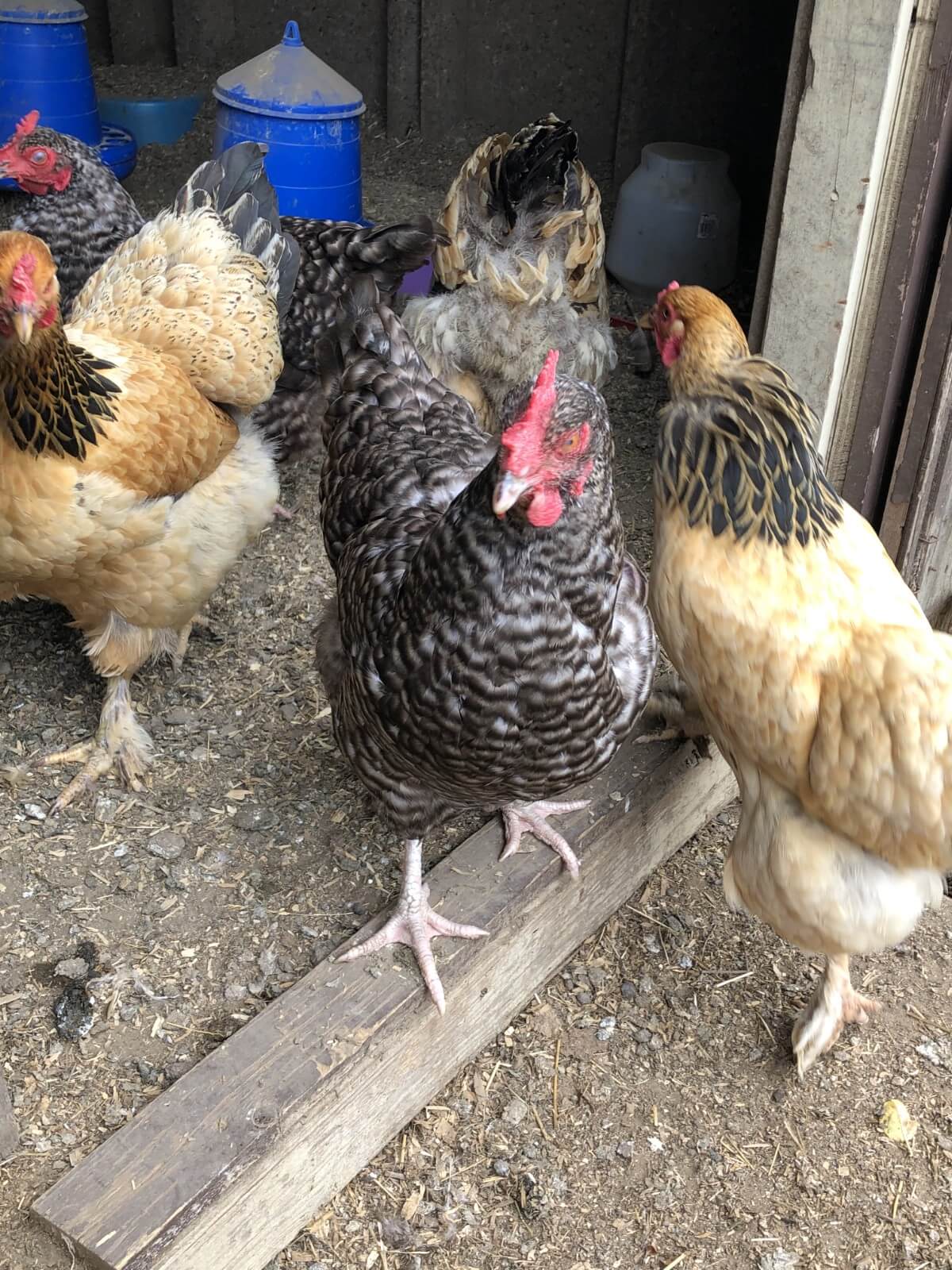
Compared to other types of animal manures, chicken manure is one of the highest sources of key garden nutrients. It is considered by many experts to be the best of the animal manures for use in the garden.
Chicken manure is known as a high source of nitrogen. Chicken manure is also a good source of potassium, phosphorous, and calcium.
More than just Chicken Poop
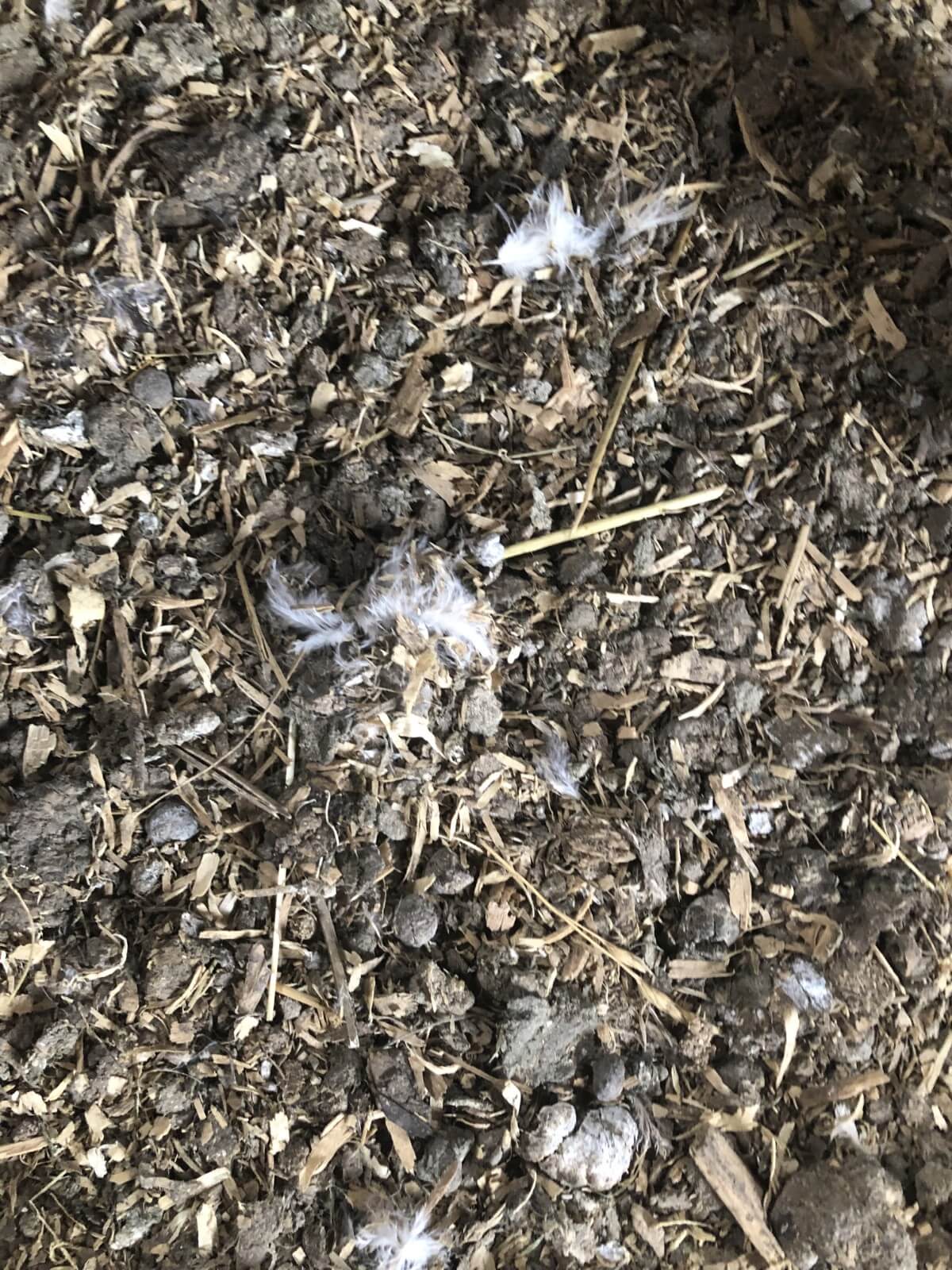
Chicken manure is not just poop, though. It also contains the litter or bedding that is used in the coop (often wood shavings or straw) along with animal debris like feathers and feed, feed supplements like calcium-rich oyster shell, and possibly small amounts of broken eggs and shells. These are all things that, when broken down, can be beneficial in the garden, too.
All of this combines to make a well-rounded garden amendment if well-managed. Taken together, this combination of organic materials can provide additional nutrient resources, but also organic matter that will help aerate the soil, improve soil tilth, and improve the soil’s ability to manage moisture (both moisture retention and drainage). These organics also help to enhance the beneficial microbial environment within your garden’s soil.
The “Downside” to Using Chicken Manure in the Garden
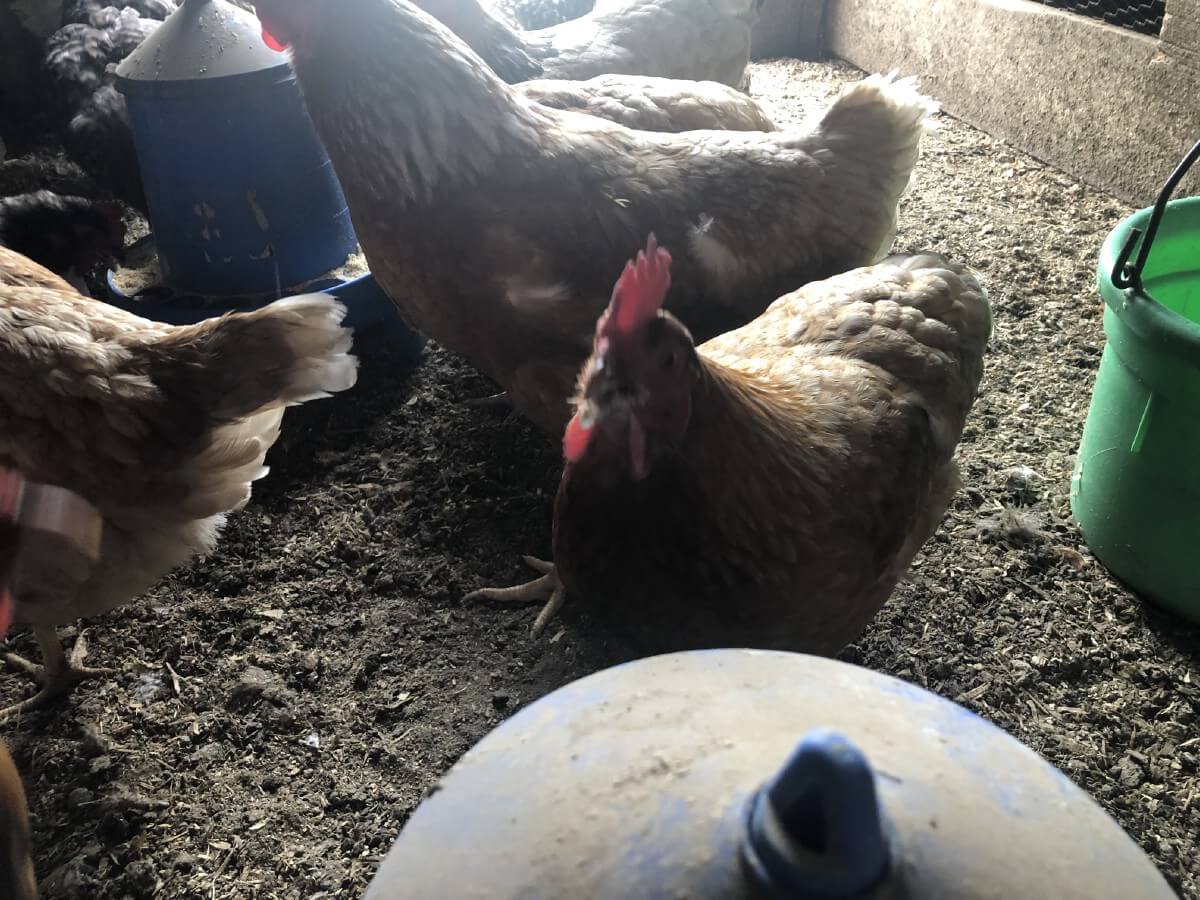
The only possible real “downside” to using chicken manure in the garden is that it is a “hot” manure—arguably the “hottest”. What this means is that its noteworthy high nitrogen and nutrient content, when fresh, has the ability to be too much of a good thing. The manure can (and will) burn plants and their roots. This, however, is easily overcome—simply don’t use the manure when it is too fresh.
It should also be noted that chicken manure has the ability to harbor bacteria and pathogens like salmonella. To be clear, however, this is a potential for any type of manure. Proper handling and aging can also reduce or eliminate these concerns.
The Solution for Hot, Fresh Chicken Manure
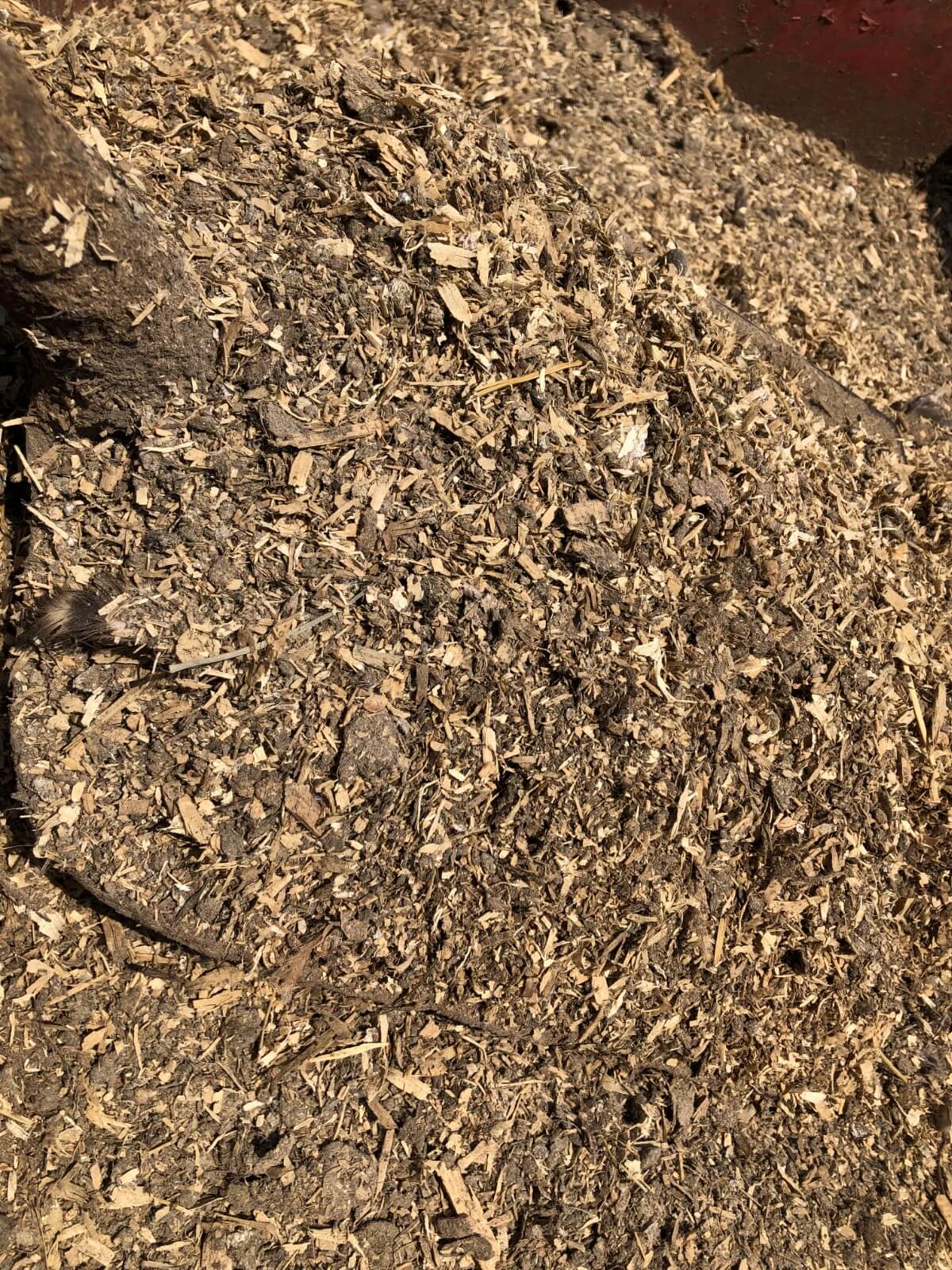
The solution to issues of hotness and potential nutrient burn and plant damage, as well as the answer to issues of possible pathogen presence, is simple—time and aging.
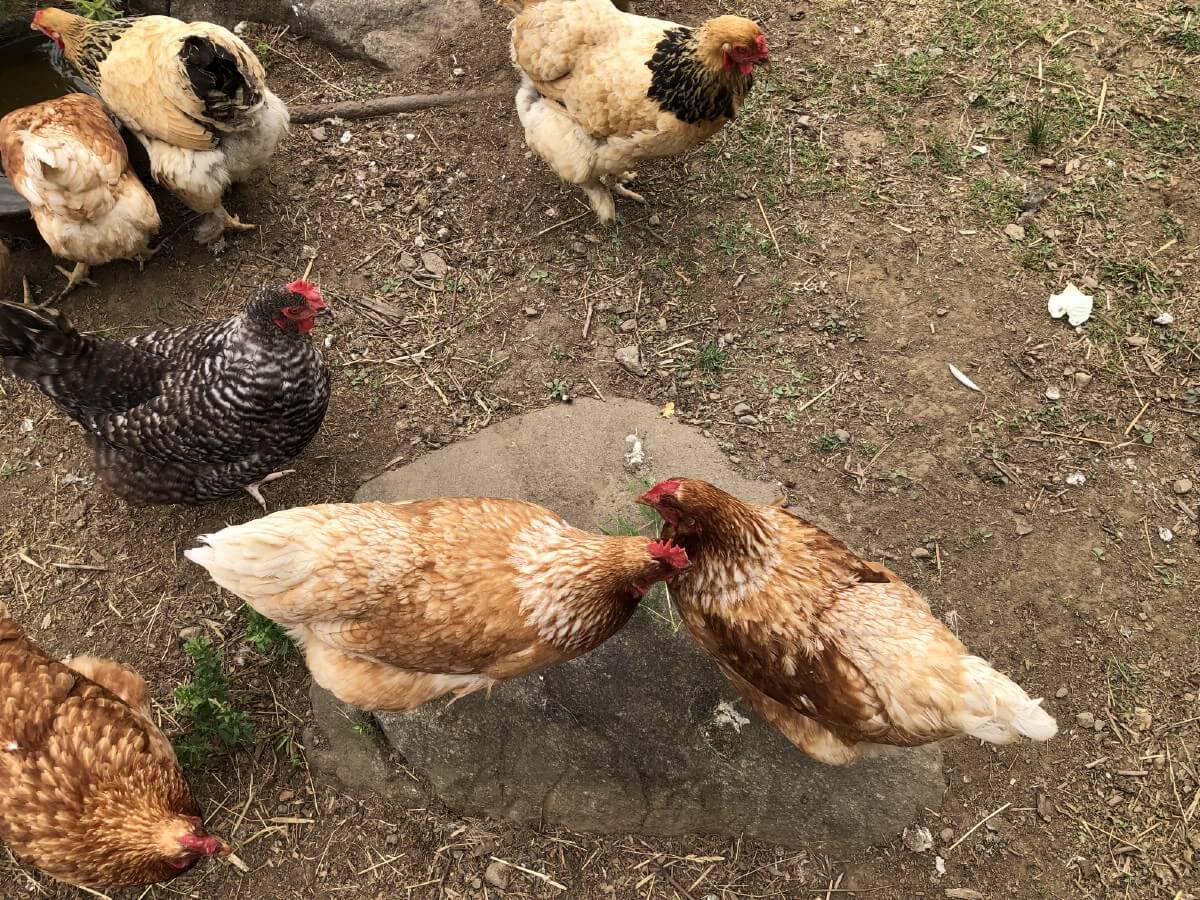
Composting is perhaps the best way to go with chicken manure (though there are a couple of variations and one or two other options that work well too, which we will discuss in just a bit). Composting ages the manure, reduces pathogen populations, and makes nutrients more available.
Hot Composting Chicken Manure
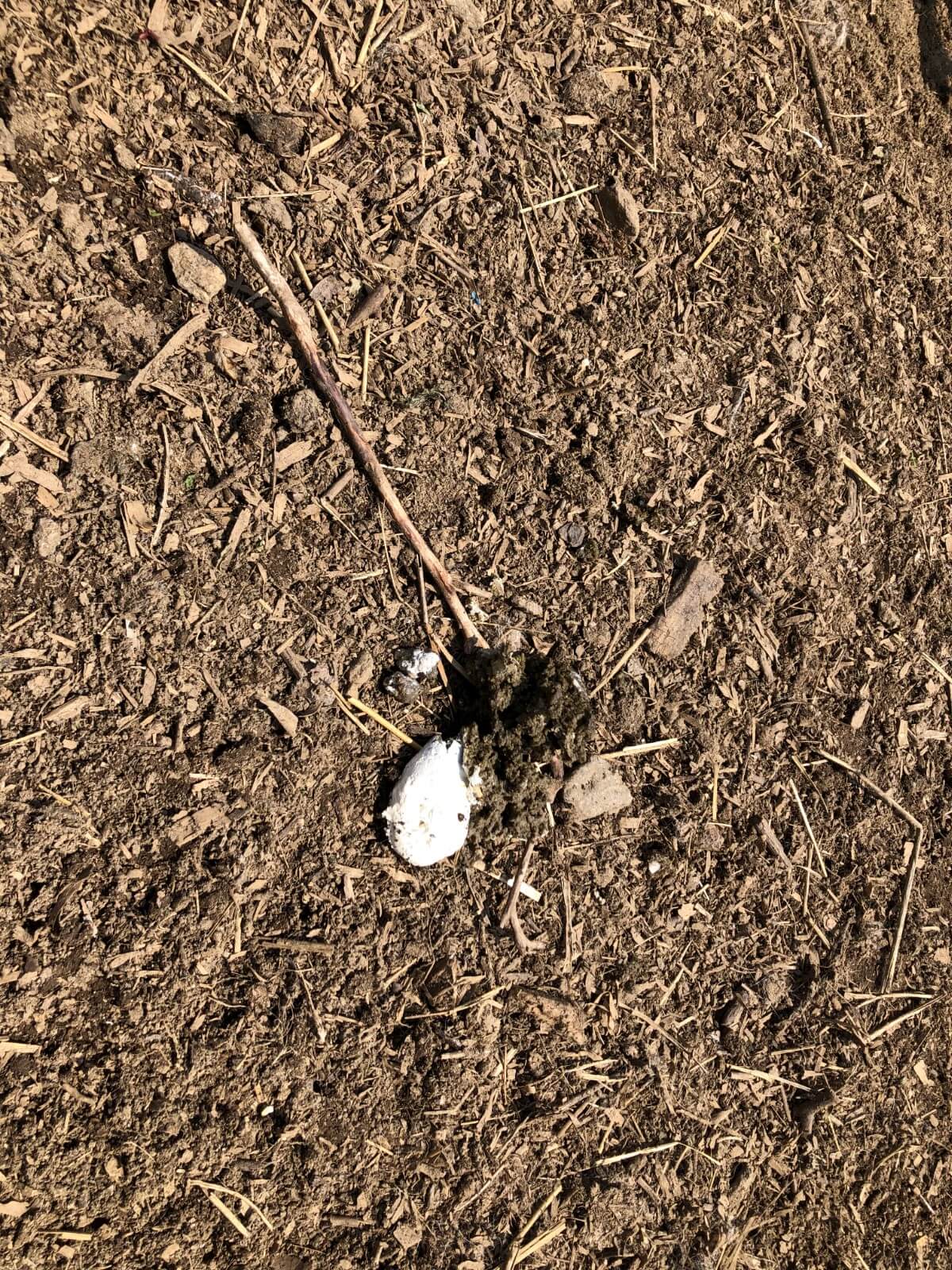
A typical hot composting process is the fastest ways to prepare chicken manure for the garden, and renders the manure quite safe, too. Hot composting is when you keep a pile of manure that is allowed to “cook” and heat up internally, then turn periodically and mix the pile to ensure that all parts are equally exposed to the hot insides of the pile. With hot composting, you should also add water as needed to keep microbial activity moving.
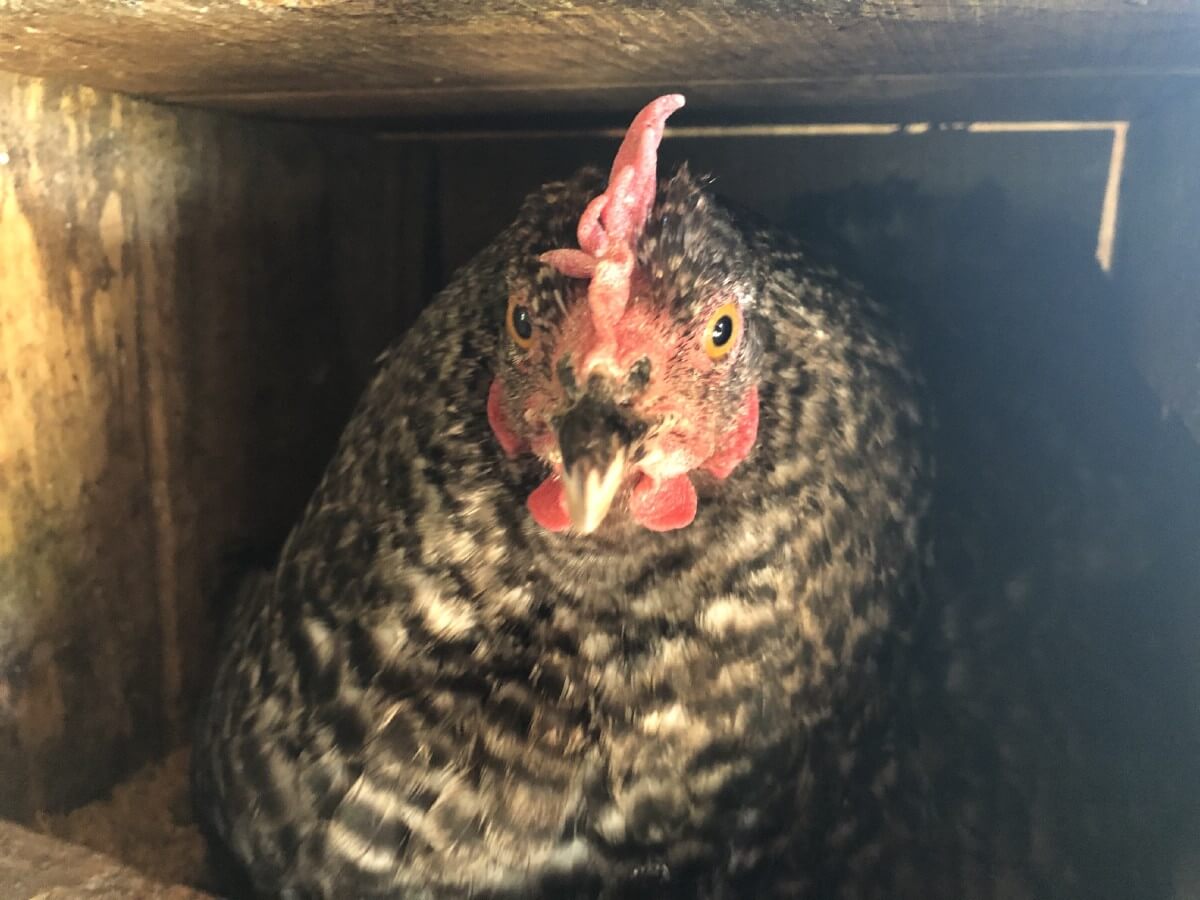
The internal temperature of a hot compost pile of chicken manure can get as high as 160 degrees Fahrenheit (F). Temperatures over 130F will kill off potentially harmful bacteria (as will other factors to be discussed).
If hot composting your chicken manure, the manure will be ready to use on your garden in five to six weeks.
Cold Composting Chicken Manure
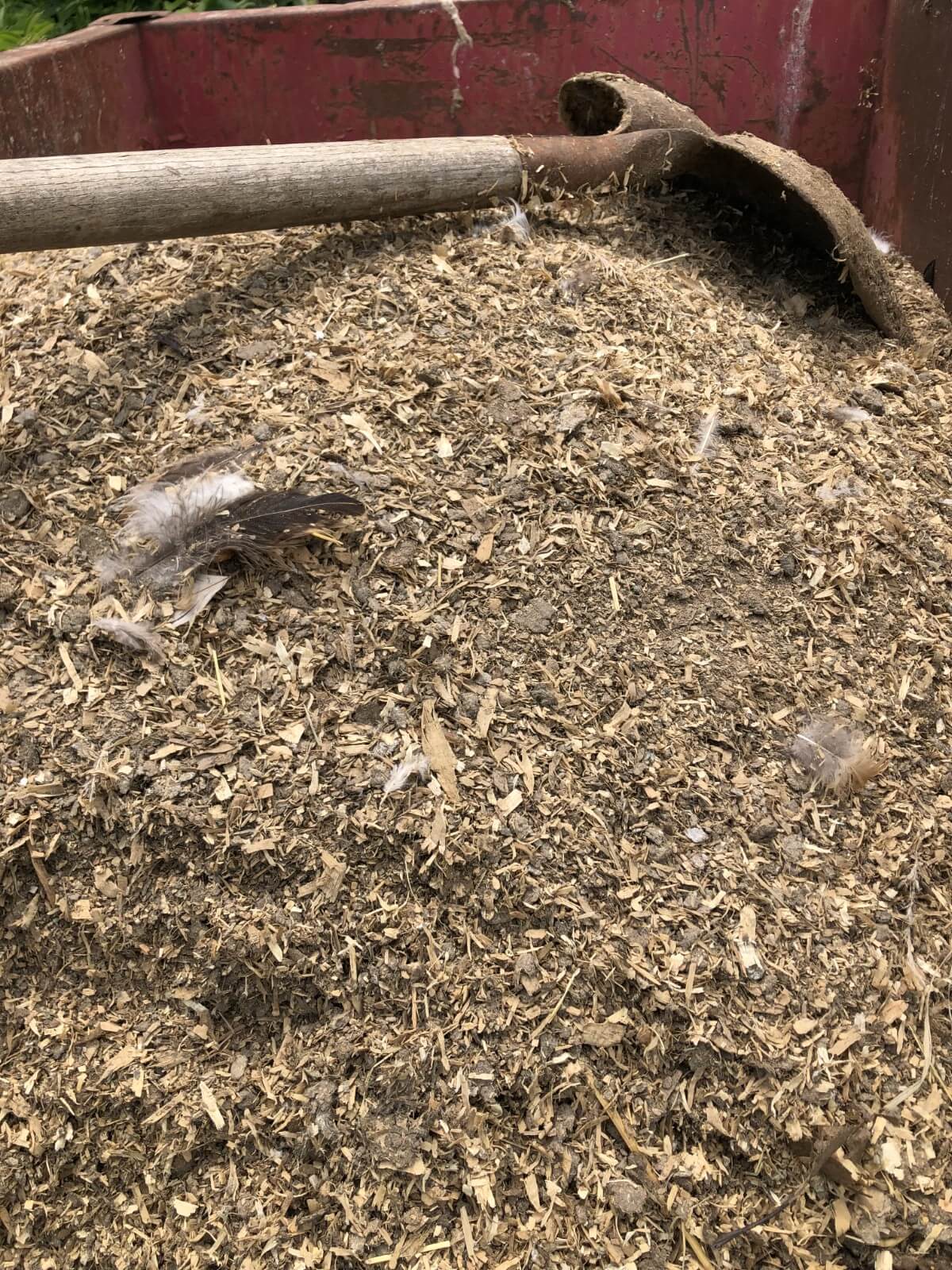
Another option for rendering chicken manure garden-ready is a cold composting process. This is an easier, less hands-on, lower-maintenance solution. Basically, when you cold compost chicken manure, you simply make a pile and let it sit and age without tending and turning.
Cold composted chicken manure should sit for a period of at least six months before using. Nine to twelve months will stabilize the manure even more, making it an even lower-risk to plants (in regards to burning, etc.). A long period of 9 to 12 months will also reduce bacteria and pathogen levels to one more comparable to hot composting levels.
Composting in Place in the Chicken Coop
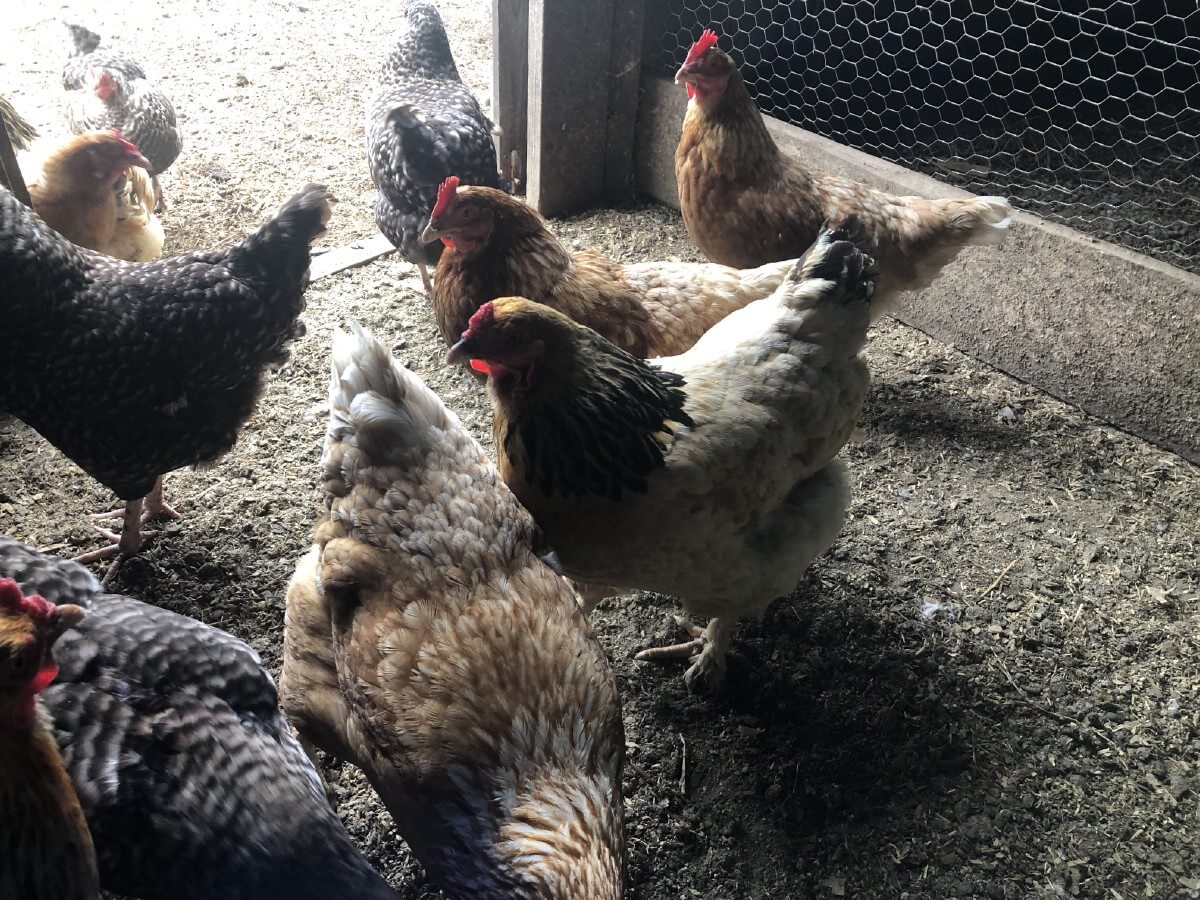
Composting in place in the chicken coop is a process of using organic “brown” materials as litter or bedding in the coop to help break down and control chicken waste. This method reduces the frequency of coop cleanings by helping to keep the coop and litter drier. It requires less work and also reduces the need for compost pile management.
Composting in place can help age your chicken manure and render it garden-ready when you are limited on space. It is a good solution for many backyard neighborhood and urban chicken-keepers, because it reduces or eliminates standing piles of aging chicken manure, and therefore limits odors and neighborhood exposures.
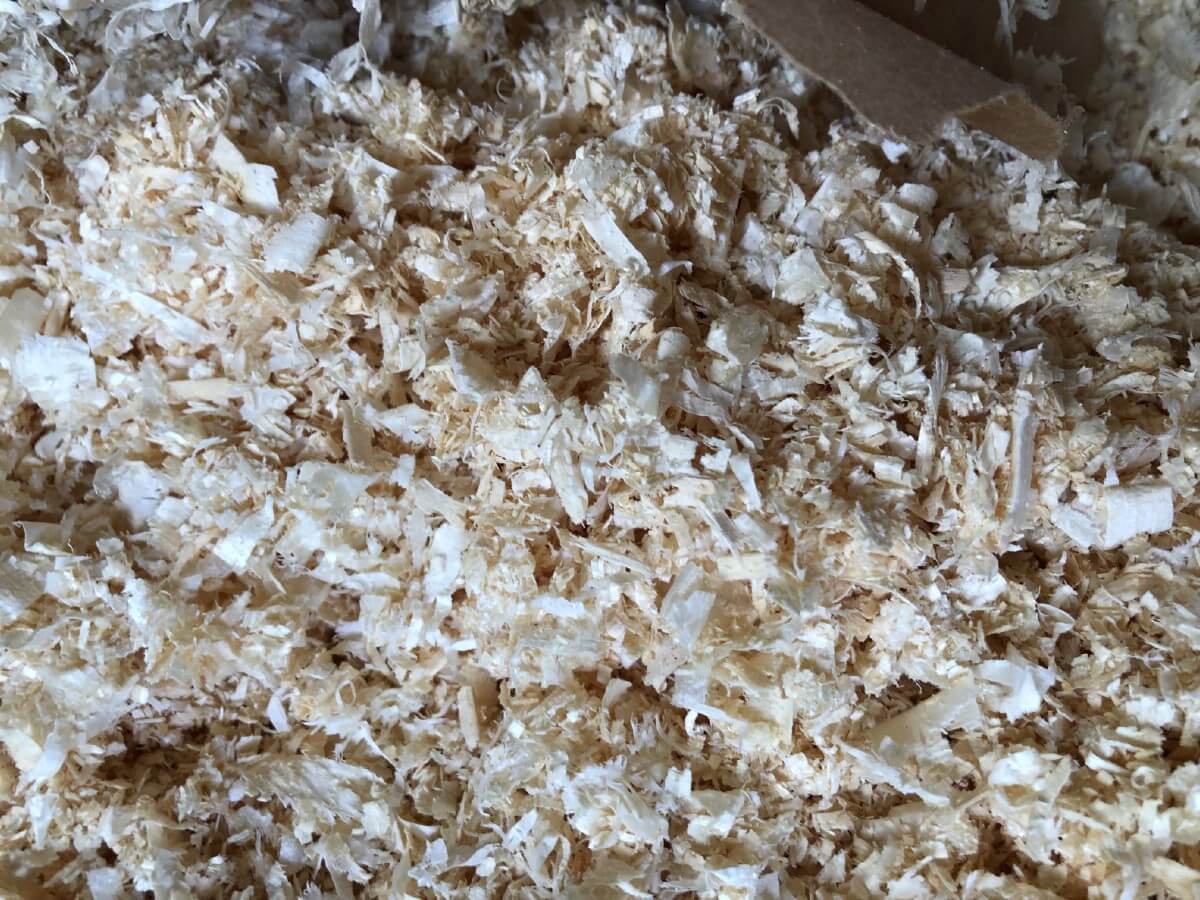
This process will work well as long as plenty of carbon-based materials are applied in the coop. Examples of good materials include sawdust, shavings, dry leaves, or straw.
Add your dry carbon materials to your coop as a bedding and work to maintain a ration of 1:1 or 2:1 carbon to manure. This will help keep your coop and waste dry and keep odors low as the manure composts in place. When it comes time to clean your coop, you can now use the already-composted manure directly in your garden beds.
What Composting Does for Chicken Manure
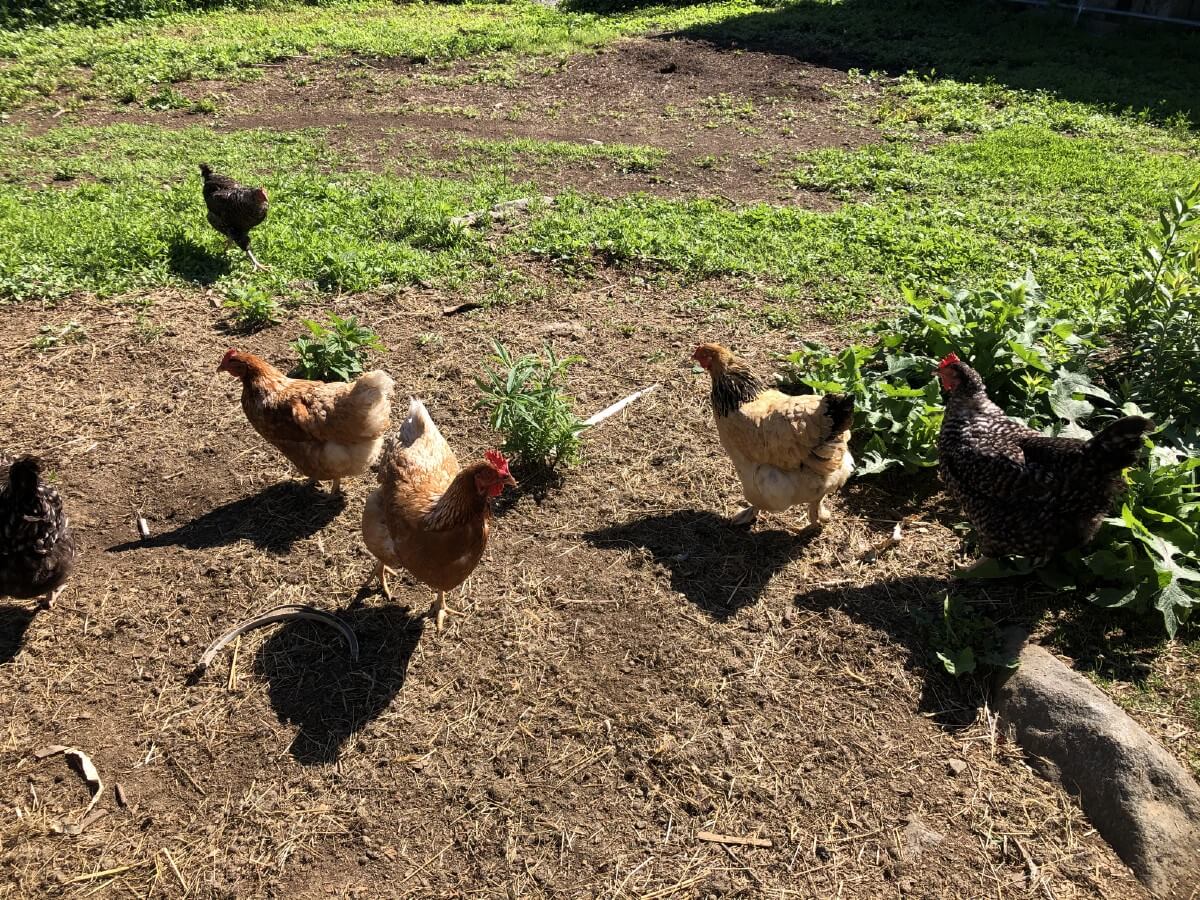
Whether hot or cold, the results of aging and composting chicken manure are basically the same—the difference is primarily in the speed of use.
Composting chicken manure reduces the ammonia content so that it will not burn your plants. This in turn also reduces the strong odor of fresh chicken manure. It also kills bacteria and reduces seed/weed activity (hot composting because it cooks the seeds so they are unlikely to grow and cold composting because many of the seeds will have sprouted and died before you apply the pile to the garden).
The result of composting chicken manure is a more stable, naturally slow-release fertilizer that will work over a longer period of time to continually feed your garden throughout the growing season.
A Few Notes About Safely Composting Chicken Manure
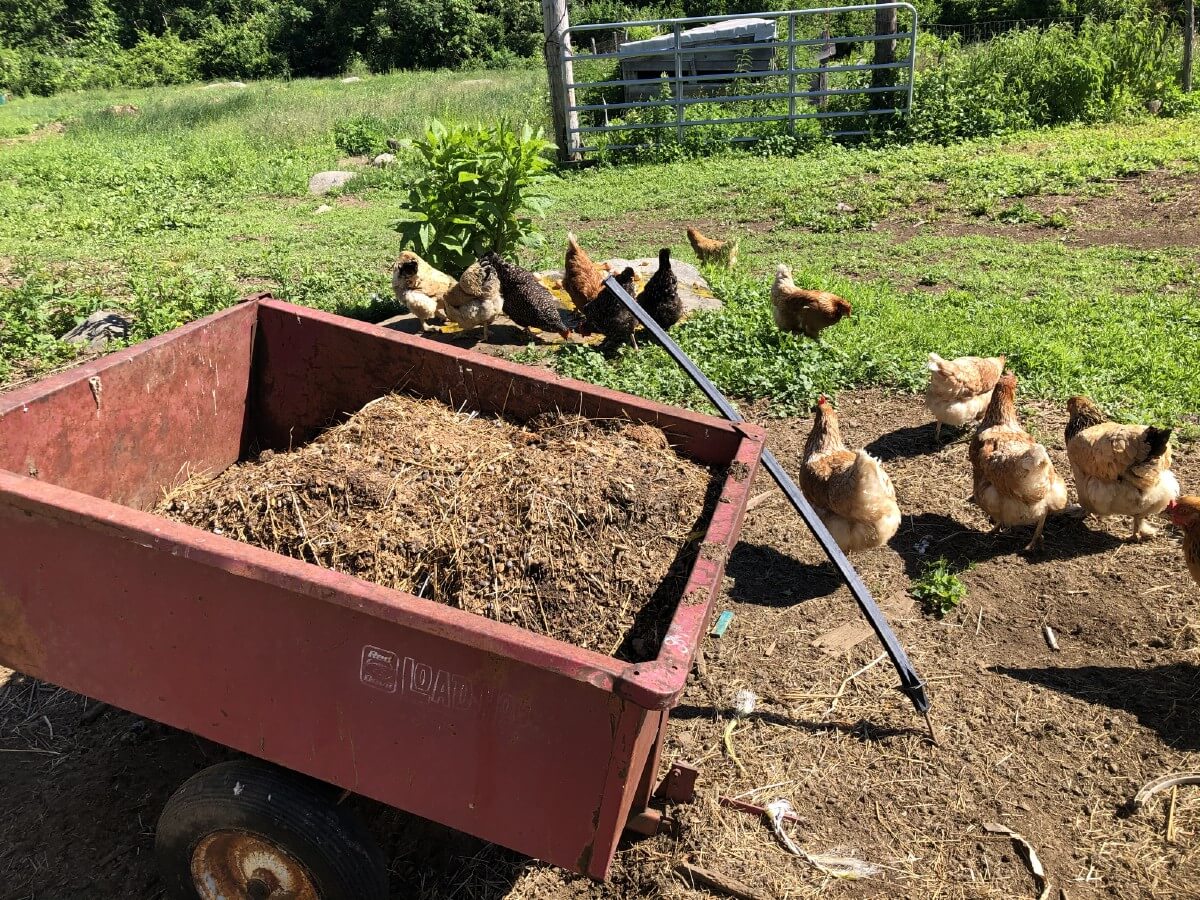
As mentioned earlier, chicken manure comes with all sorts of organic matter mixed in; which might leave you wondering about the impact of those materials and rendering them safe for your plants. These materials are not much of a concern because the process used in composting and aging will also work on components like shavings, sawdust, straw, etc., and by the time the chicken manure is aged enough for safe use, these will be aged enough for use in your garden, too.
In regards to concerns over bacteria like salmonella, both temperature and time are killers of these possible chicken manure pathogens. Pathogens are killed by high temperatures, but also by time and exposure, so even a cold-composted or compost-in-place type process reduces the risks. Aging 12 or more months should overcome any lingering doubts about pathogens passed from the birds themselves.
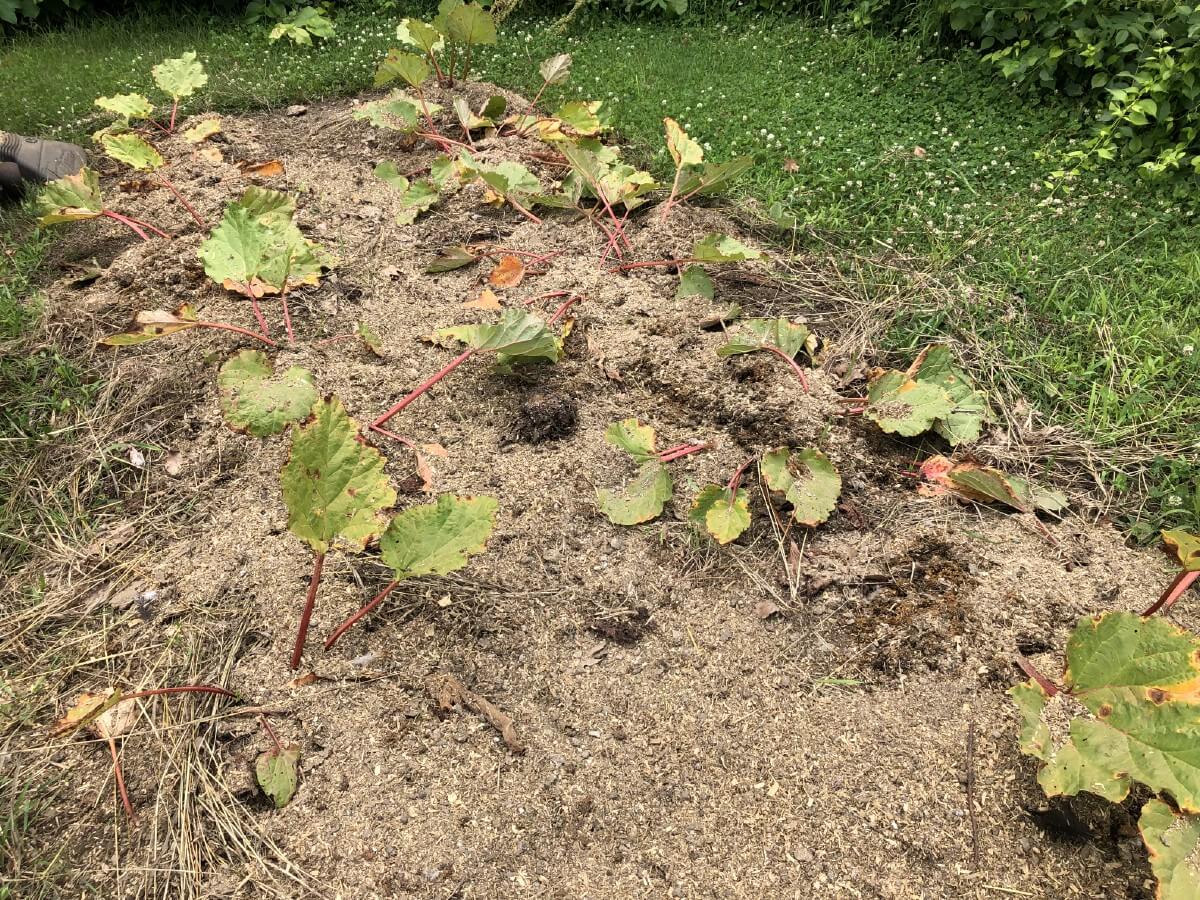
It is worth noting here that the bacteria are not an issue for the plants themselves. Good handling and proper poop management are matters to keep your food safer for your and your family’s consumption. You should not let this scare you off of using chicken manure; rather, it should simply be a reason to manage and handle your manure use according to best practices.
Couple smart composting and aging with good application and food-handling practices, and using chicken manure in your garden can be quite safe. (It must be noted that no fertilizer or manure application is 100% risk-free—these issues are not exclusive to using chicken manure.)
A Safe Alternative to Composting Chicken Manure
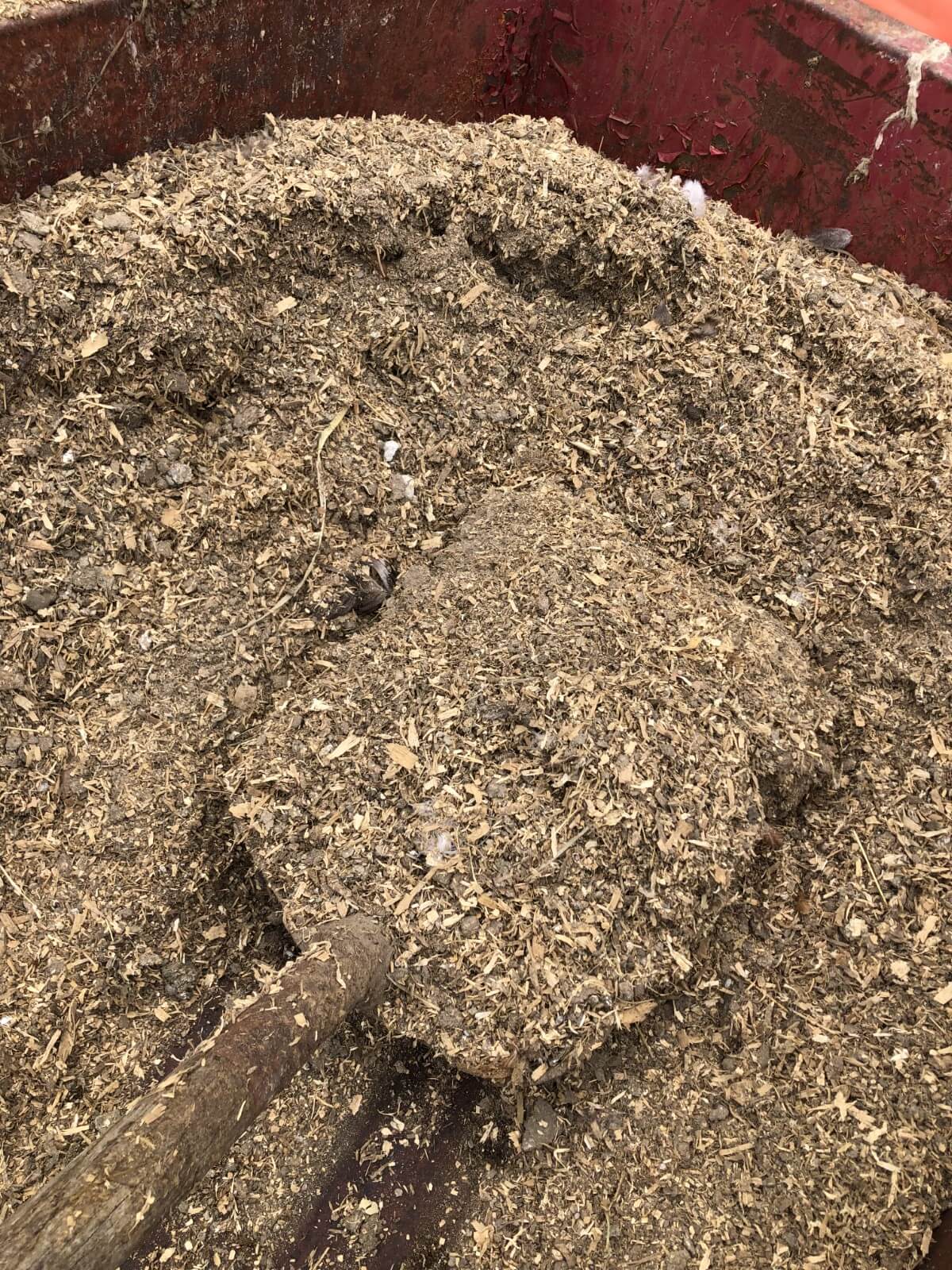
Another way to make chicken manure safe for your growing garden is to apply it well ahead of time and let it age in place in the garden. This will work well as long as you can apply the manure (even very hot, fresh manure) several months before you plan to start gardening. For example, chicken manure spread over the garden in the fall and then left to over-winter and breakdown through the winter and early spring months will be quite safe for planting in the next garden season.
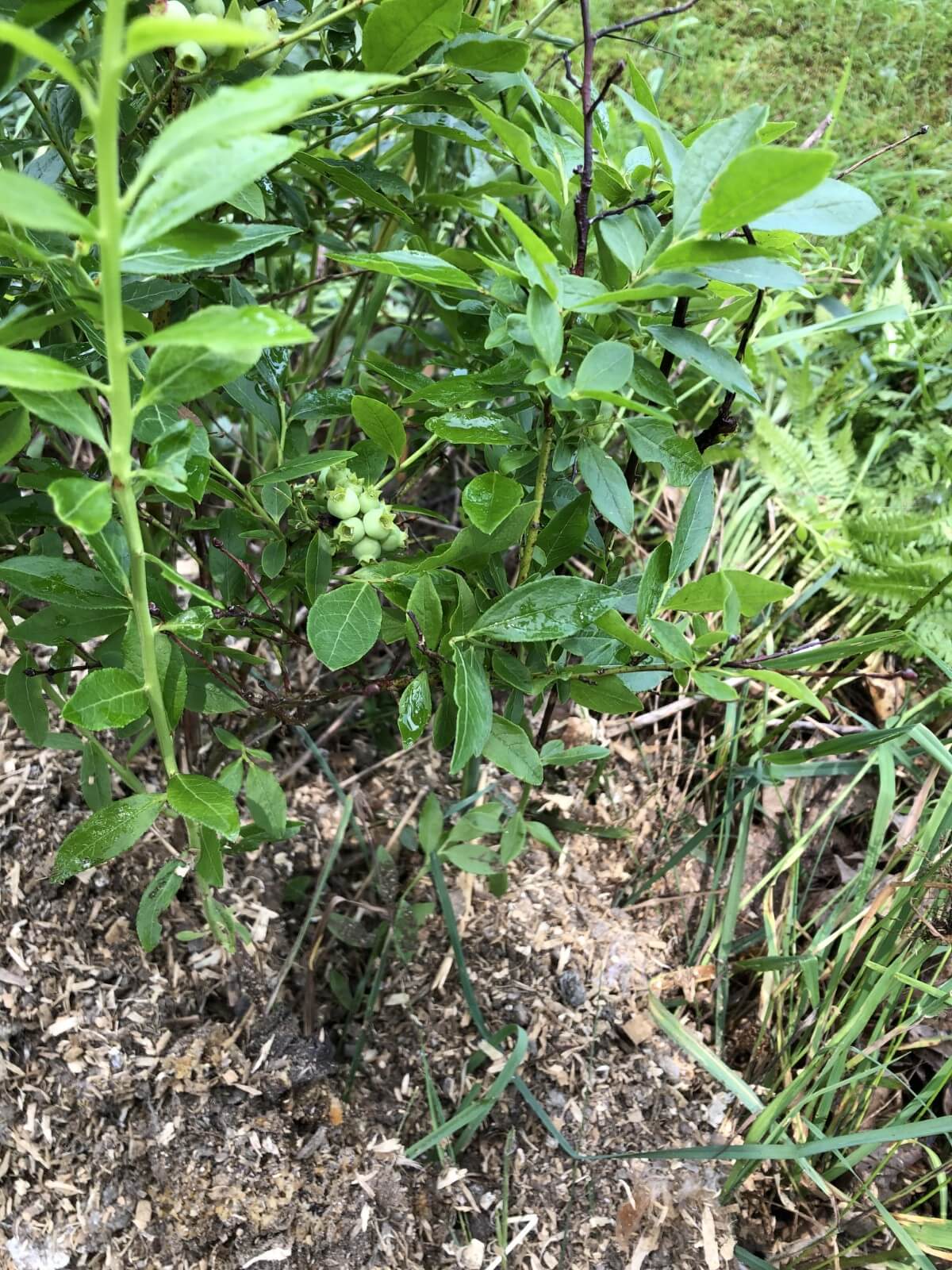
Aged-in-place chicken manure may be tilled or worked into the soil either in the fall when applied or in the early spring when the ground can be worked. If odor is an issue, the sooner it is worked into the soil, the better, so fall-tilling is something to consider if you need to keep your neighbors happy. Regardless of when you prefer to work your soil, do be sure to work the manure in so that it is accessible to plant roots and so that it is evenly distributed in the soil.
This method can be helpful because there are no large piles of manure to move or maintain. This also helps to control odors (especially helpful in neighborhoods) and eliminates issues of runoff from piled manure during heavy rains, snow melt, or storms.
Fast-Acting Chicken Manure Compost Tea
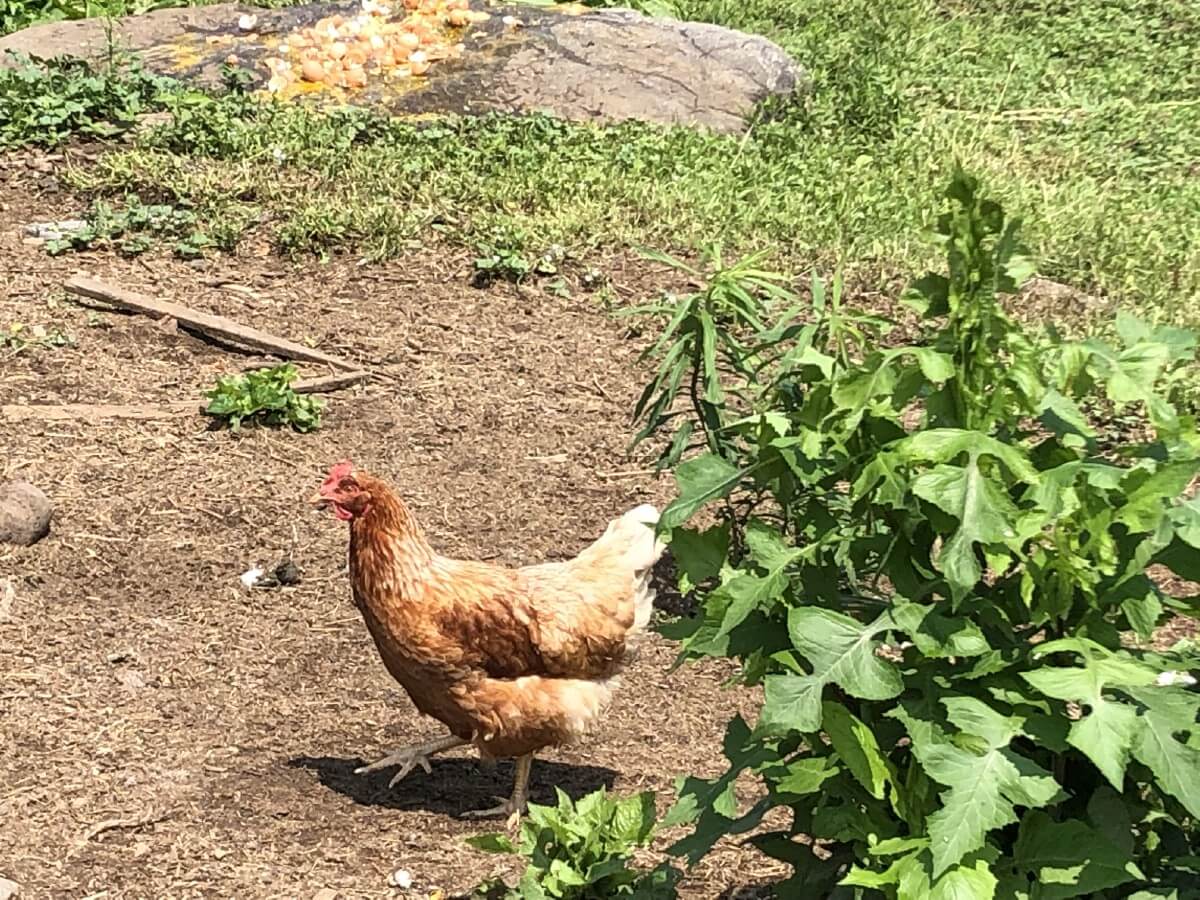
Composted chicken manure is excellent for making compost tea. Compost teas are easy, fast-acting, fast-delivery methods of fertilizing plants for a nutrient boost.
Chicken manure compost tea is made the same way any compost tea is made.
- In a large bucket or container, make a mixture of 25% chicken manure compost and 75% water (1:3 ratio)
- Soak the manure mixture for a minimum of 24 hours or up to three days
- After soaking, strain the mixture to remove the solids (alternatively, if straining is difficult, let the solids settle to the bottom of the bucket and ladle the tea water from above the solids, without disturbing the compost solids).
- Discard solids in the compost pile.
Compost tea can be used to water plants or container gardens. It can also be used as a foliar spray.
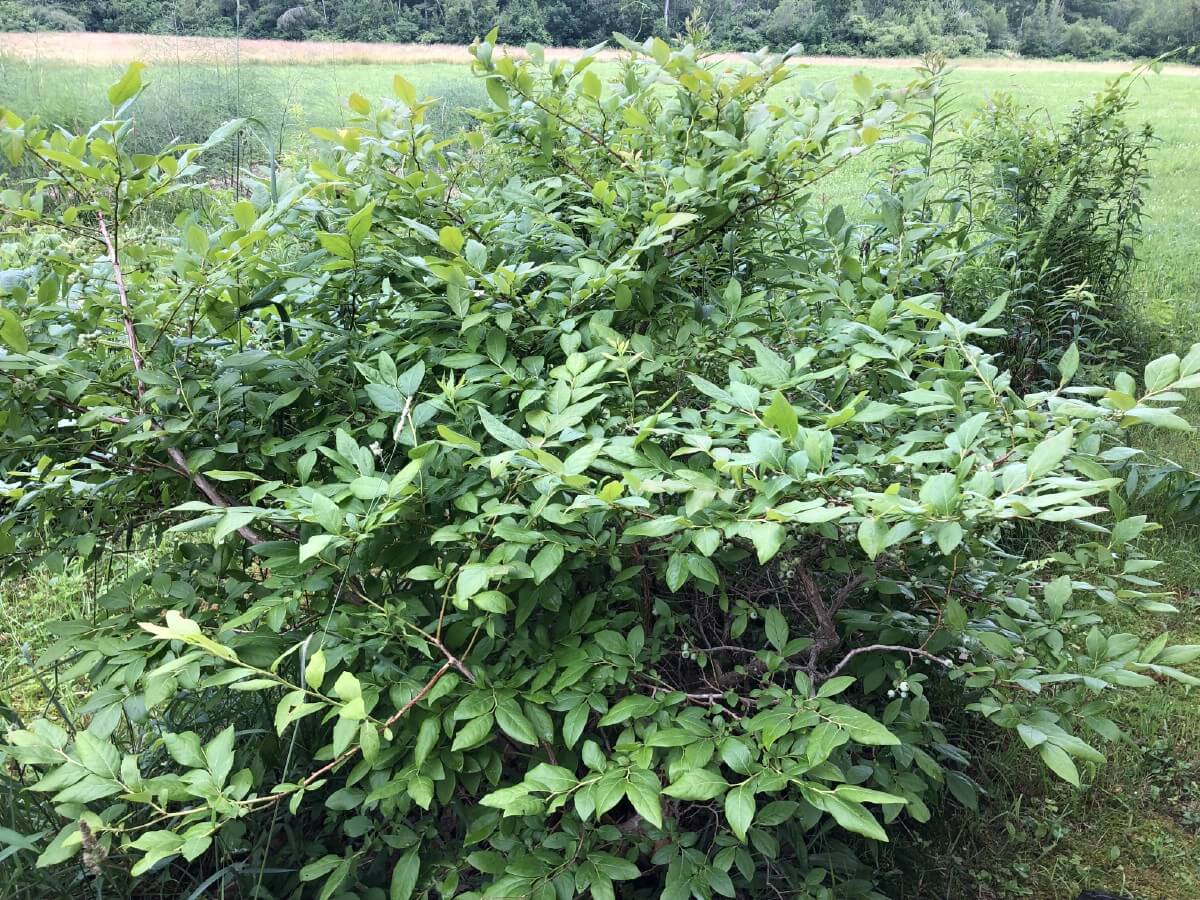
To use your strained chicken manure compost tea as a foliar spray, simply put it into a clean spray bottle, label, and apply to plant leaves and stems.
Chicken manure compost tea is high in nitrogen and is good for use on all plants, but especially for green, leafy plants. It is not, however, great for acid-loving crops because it has an alkaline pH.
Timing Chicken Manure Applications for Best Results and Safest Use
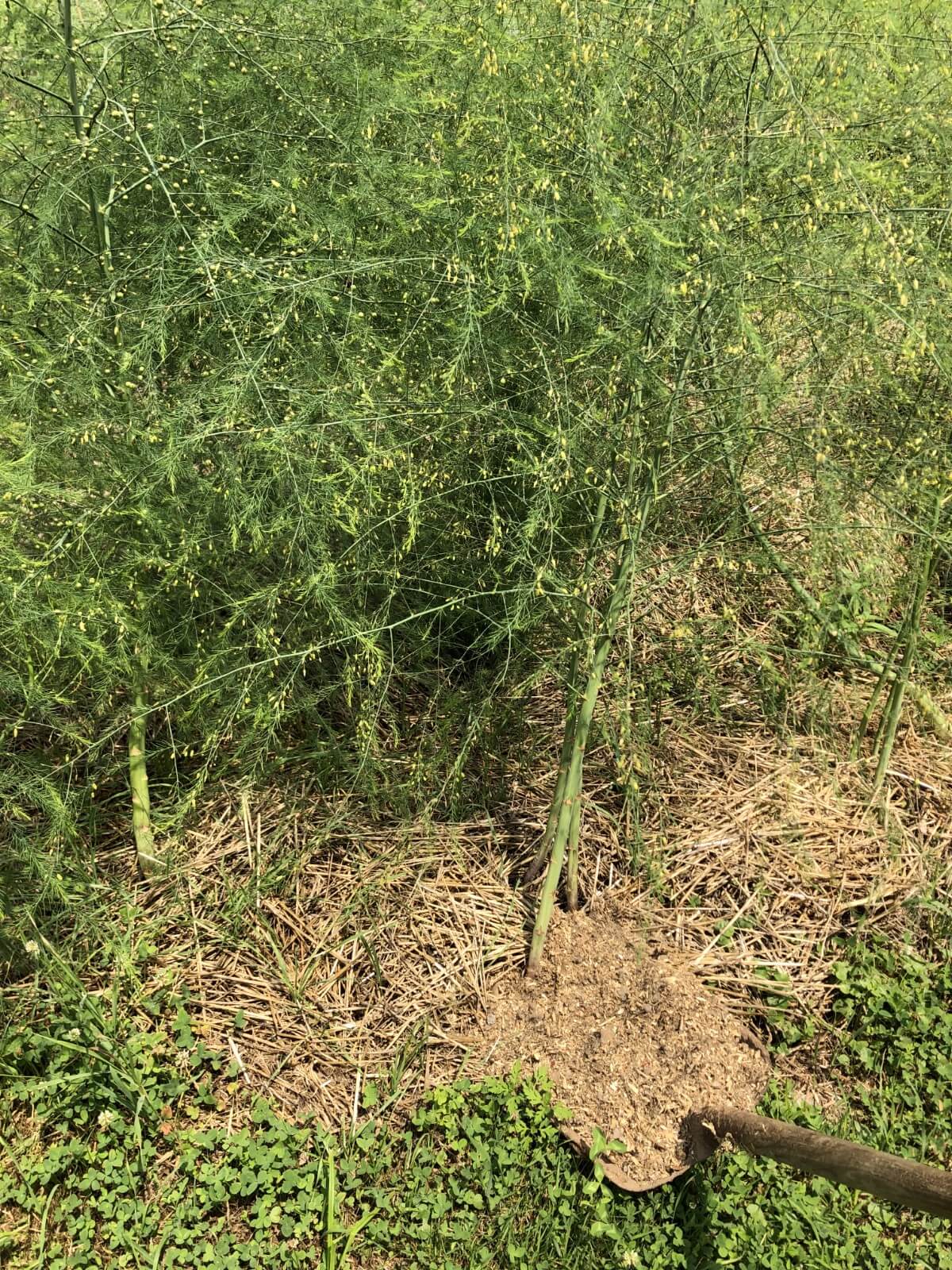
Early spring or late fall, when your garden is not actively growing and being worked, are the best times to apply aged chicken manure and composts. This gives the application some time to break down and work in before it needs to go to work for your new plantings.
Timing Applications for Safest Use
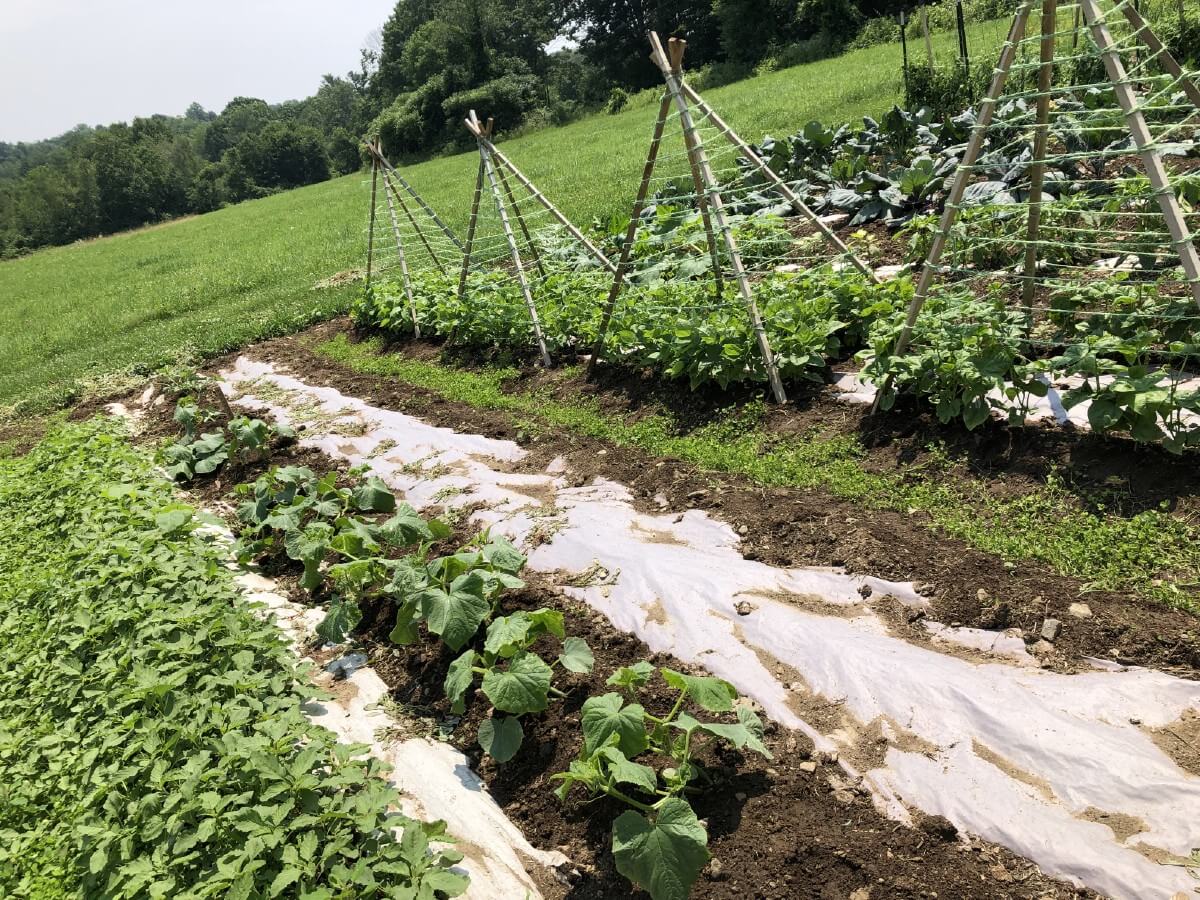
You also want to plan your applications for safest use—to further minimize the impact of any lingering pathogens. The following guidelines for application will keep your fresh-grown garden produce quite safe for your consumption:
- For contactless crops (i.e., trellised or high-growing foods like tomatoes, peppers, or bush crops like berries), stop chicken manure applications 30 months (90 days) before harvest
- For low-growing crops and produce that has contact with the ground (i.e., lettuce, root crops like carrots and beets, strawberries, or un-trellised cucumbers), stop applying chicken manure four months (120 days) before harvest
Timing your applications this way increases the time for pathogens to breakdown so that they have less potential to be consumed.
How Much Aged Chicken Manure Should You Use on Your Garden?
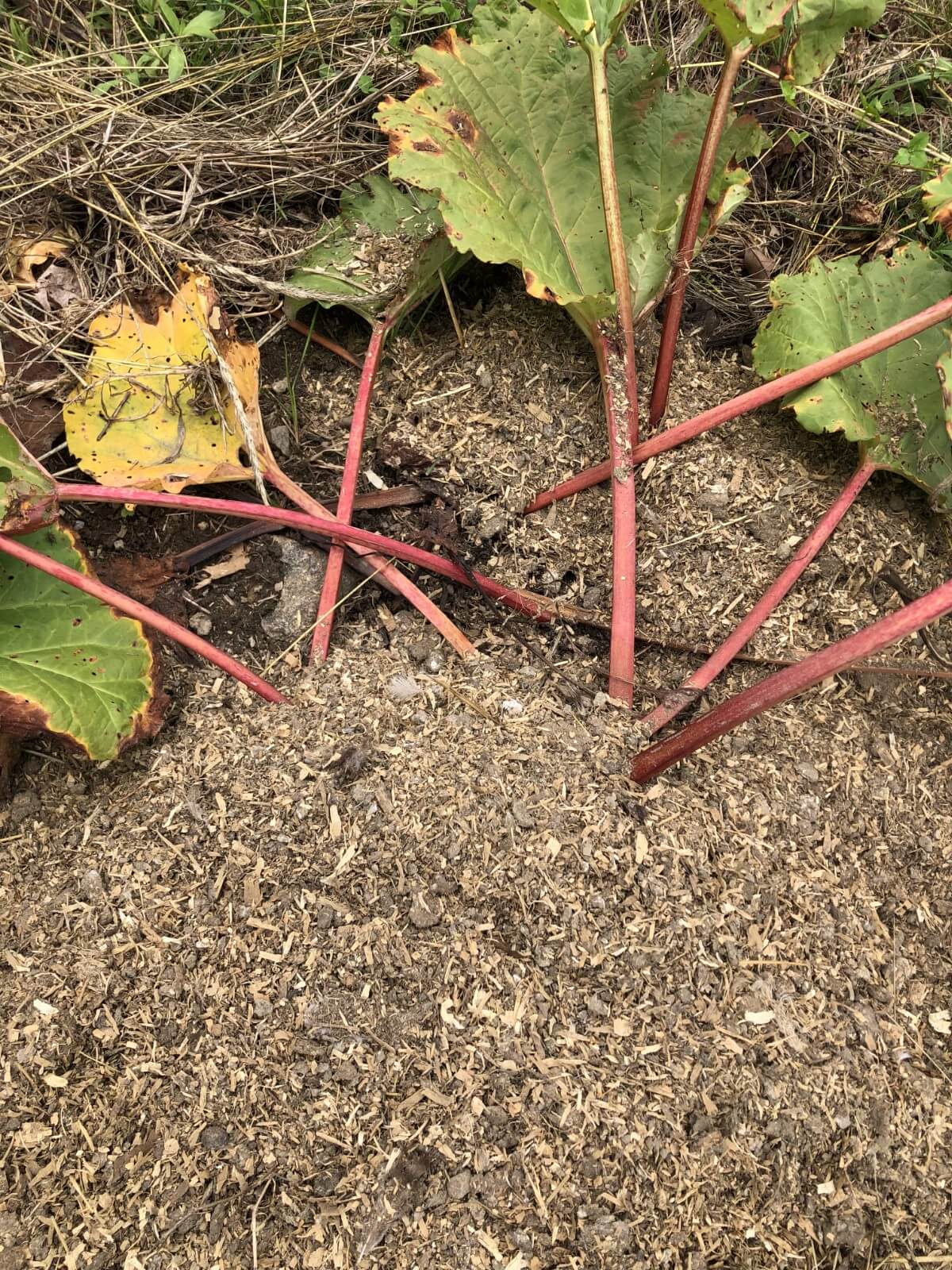
Composted or aged chicken manure should be applied at a rate of 60 pounds for 500 square feet of garden space.
Safe Handling of Crops Grown in Chicken Manure
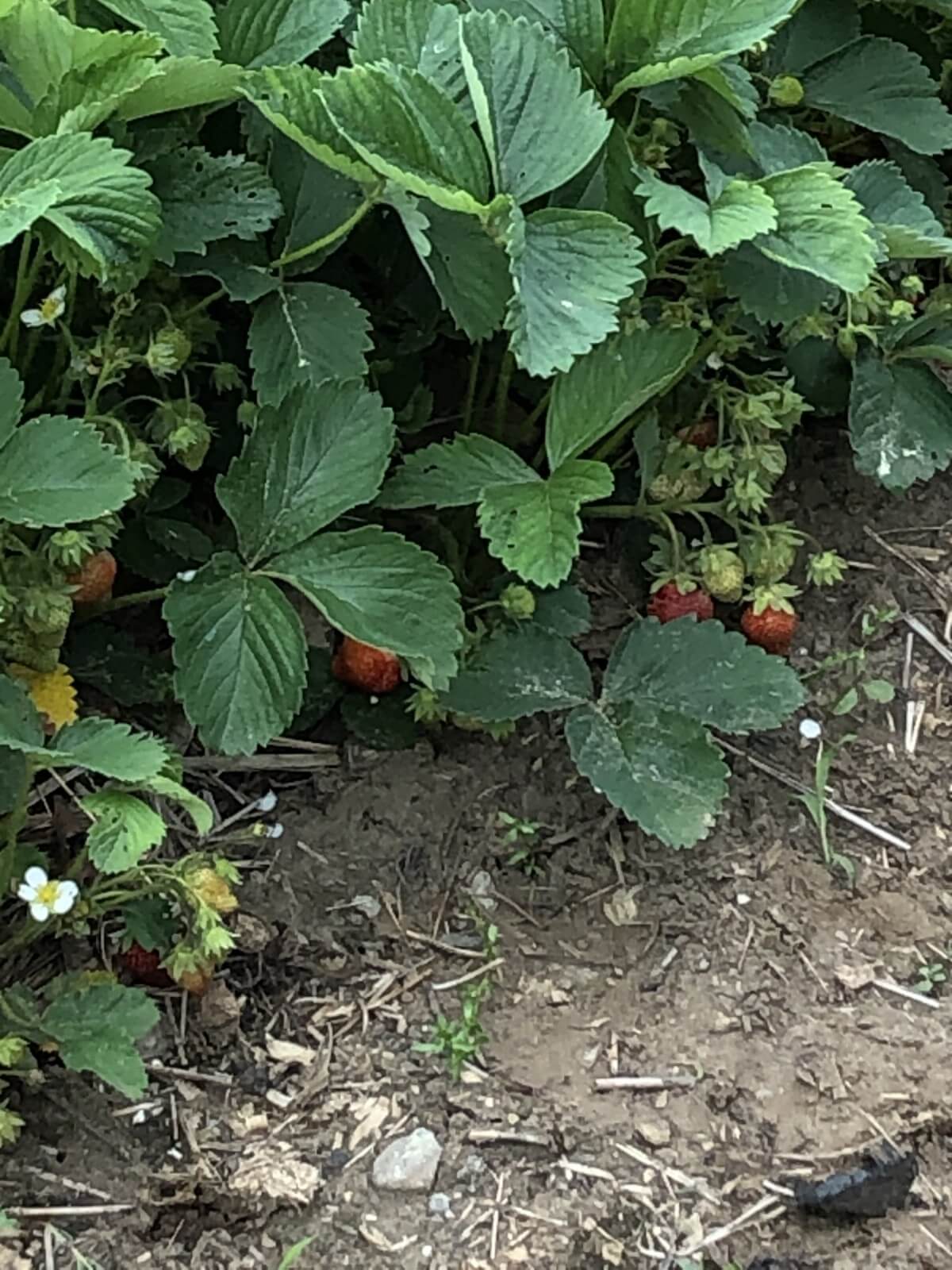
You have aged and/or composted your chicken manure so that it will not damage your plants and so that its pathogen risk is eliminated to the best of your ability. You have timed your applications to keep your harvest safe. Now a final step or two will help to further insure you against any remaining issues:
- Wash all fresh produce before eating. Triple-wash in a sink of clean water three times or rinse in running water for a several minutes.
- A vinegar soak will also help destroy pathogens.
- Cooking destroys food-borne pathogens as well. Temperatures over 145F are considered out of the “danger zone” for foods because these are the temperatures that kill most food-borne bacteria and pathogens.
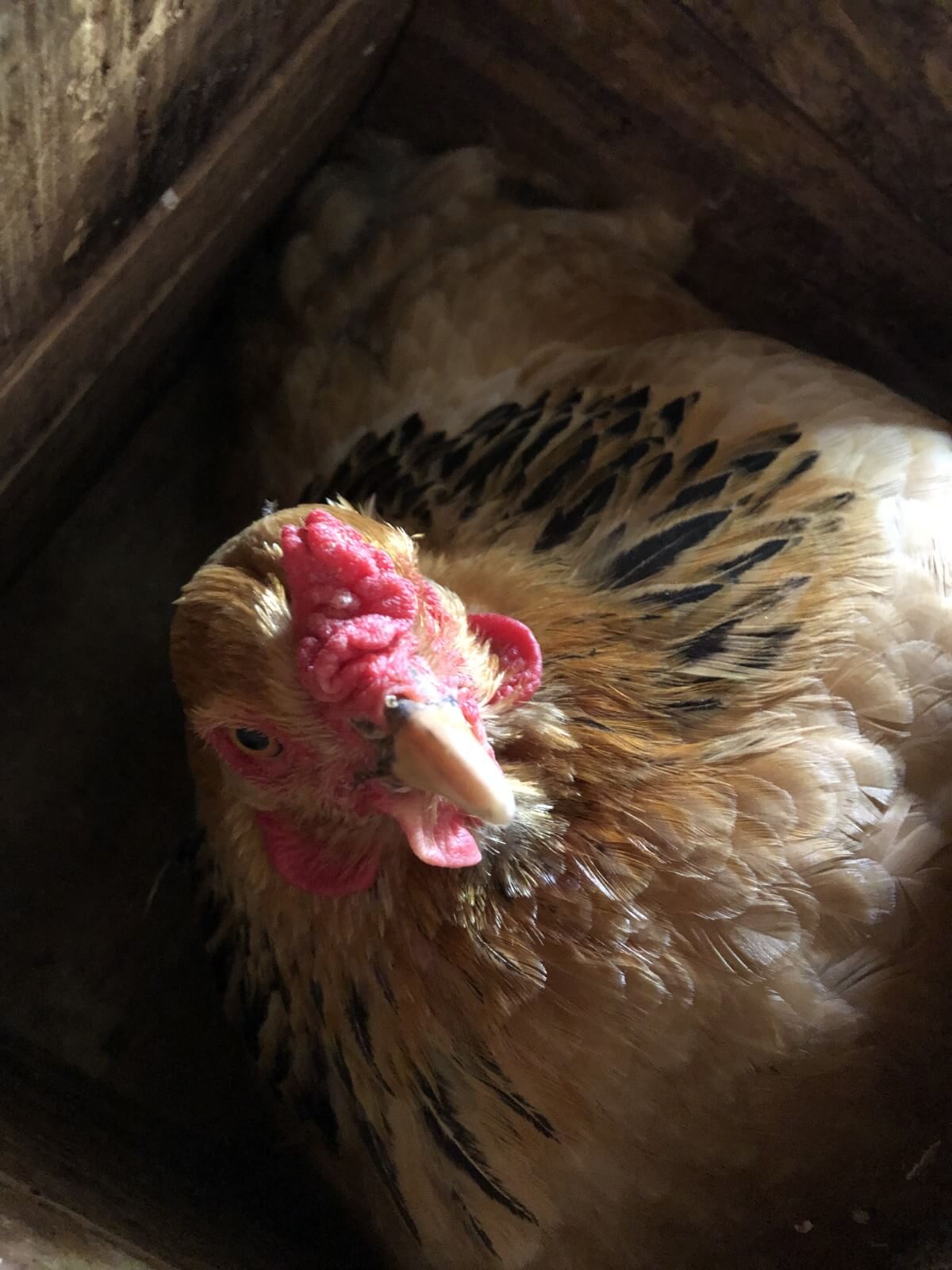
Remember that these safe-handling recommendations are not exclusive to foods grown using chicken manure—these are good practices for all food grown in and with nature and natural amendments. Bacteria and pathogens are a part of life that gardeners need to address. Even untreated ground and virgin soil can contain bacteria and pathogens put there by nature. The potential of pathogens should not be considered an issue of just chicken waste—it is an issue of all wastes. Manage and handle your manure and your harvests well and using chicken manure in your garden can be quite safe—and rewarding!

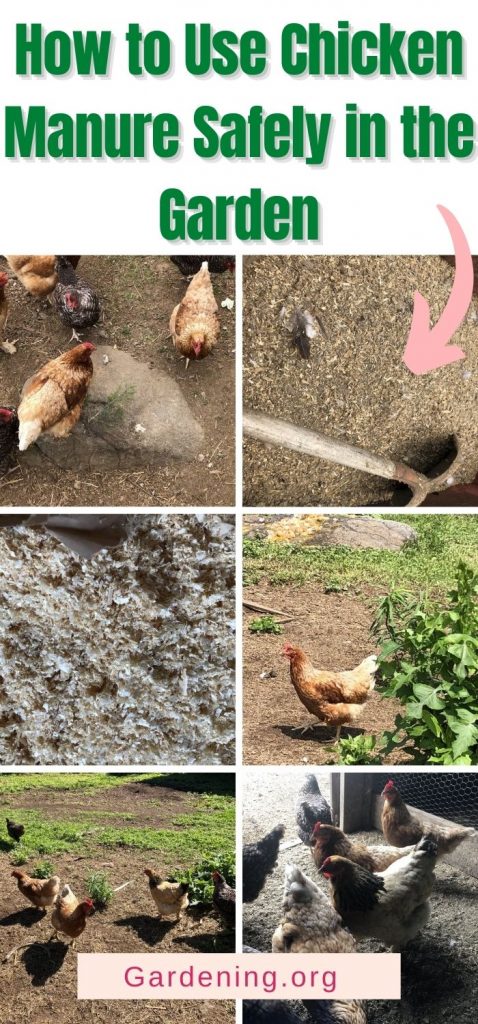
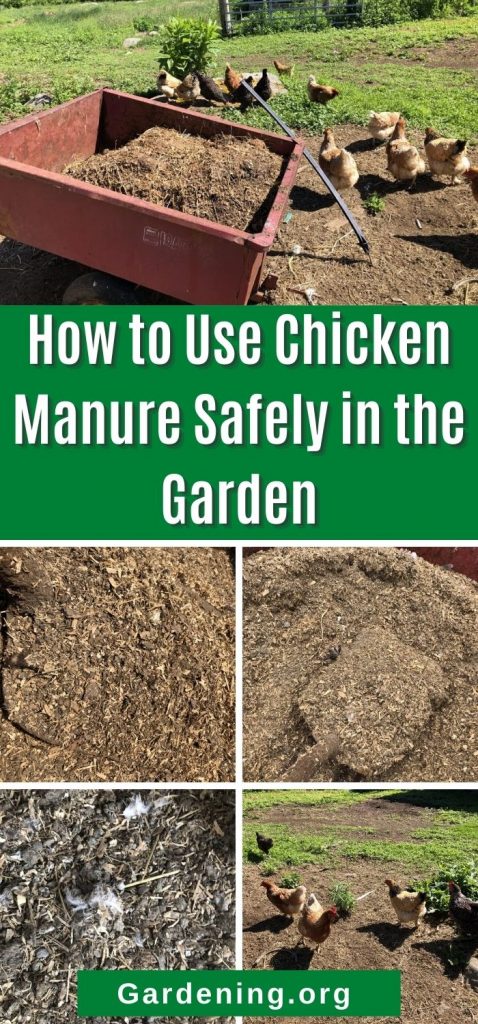
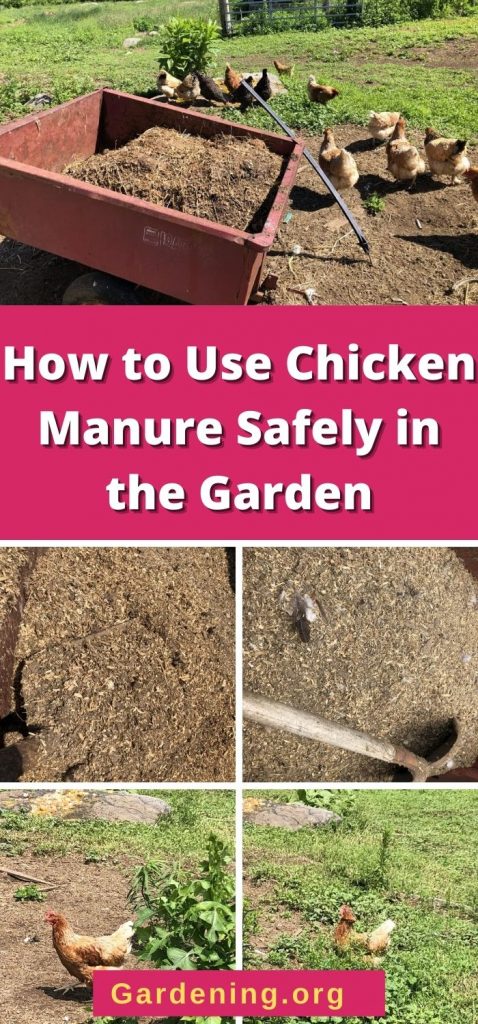
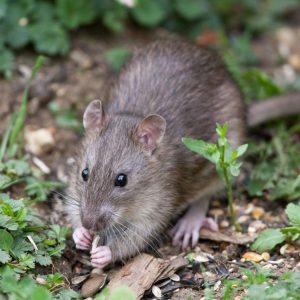
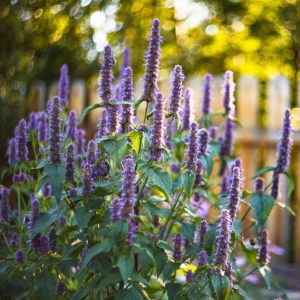

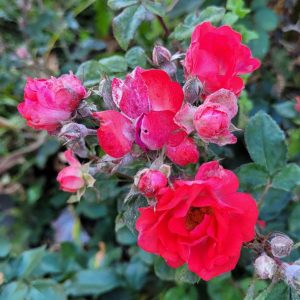
Ven. Basil Orah
Great eye opener.
Will certainly help me in my organic veggie gaming
Remain richly blessed.
Carmen
Thank you so much for this information!! I was looking for months how to compost my chicken manure and.this info was excellent! Thank you again.
Alton Hollett
Excellent article!
Kathy
Excellent information! I'm a first time chicken owner and after reading your article, I think I'll go the easy route and pile up all my chicken poop until garden season is done and then spread on my garden to start fertilizing my soil over the winter.
Toba Nesta Taiwo
Thx, useful.